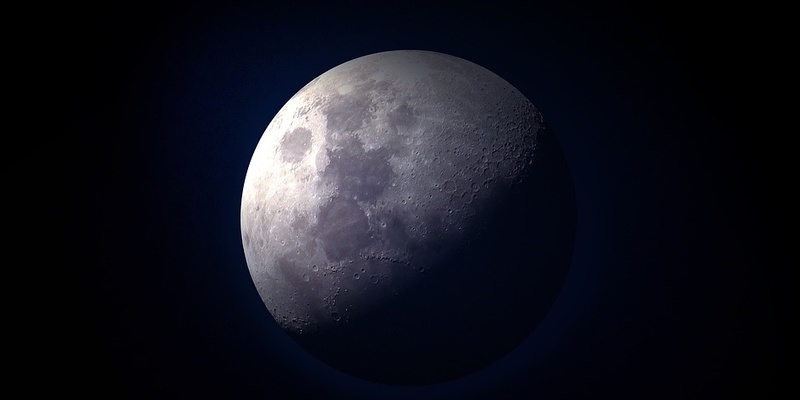The Economics of Reusability: Why the Future of Space Belongs to Flying Rockets Back Home
For most of human history in space, every rocket launch ended the same way: in flames or debris scattered across the ocean. Rockets were built, launched once, and discarded—magnificent machines designed for a few minutes of glory. That model is now fading fast. As private companies enter the launch market and reusability becomes central to rocket design, the economics of spaceflight are being rewritten. With the global space economy expected to cross one trillion dollars by 2030, reusable rockets are no longer just a technological upgrade; they are the backbone of a new commercial era. For countries like India, this transition carries enormous implications. Lower launch costs mean more satellites, more services, more startups, and wider public access to space-based technology that directly affects daily life—from GPS navigation and weather forecasting to disaster management and internet connectivity.Why Spaceflight Has Always Been So CostlySending anything into orbit is one of the hardest engineering challenges humans have ever tackled. Rockets must fight Earth’s gravity every second of ascent while also pushing through thick atmospheric drag. Unlike cars or aircraft, rockets cannot rely on air or roads for support. They move forward by throwing mass backward at extreme speeds, a principle described by the Tsiolkovsky rocket equation. This equation reveals an uncomfortable truth: fuel is heavy, and carrying fuel requires even more fuel. At liftoff, more than 90 percent of a rocket’s mass consists of propellant and fuel tanks. The actual payload—satellites, scientific instruments, or astronauts—often makes up less than four percent of the total weight. When humans are involved, costs rise even further. Crewed missions require life-support systems, backup hardware, escape mechanisms, and exhaustive safety checks, making them three to five times more expensive than satellite launches.The Logic Behind Staging and Its LimitsTo escape the fuel-weight trap, engineers developed multistage rockets. As fuel is burned, empty tanks and engines are discarded mid-flight, reducing weight and improving efficiency. This approach made spaceflight possible and remains technically effective. India’s PSLV and LVM-3, like most traditional launch vehicles, use expendable stages that fall back into the ocean after use. While reliable, this system treats rockets as disposable assets. Every launch requires building major components from scratch, locking in high costs and limiting how often missions can fly.How Reusability Changed the EquationThe real disruption came when private companies began questioning this throwaway model. SpaceX led the charge by approaching rockets the way aviation treats aircraft: as machines meant to fly repeatedly. Through innovations such as vertical integration, automated manufacturing, engine clustering, and precision landing systems, the company made partial reusability practical. The impact has been dramatic. By recovering and reusing first-stage boosters, launch costs per kilogram have dropped by five to twenty times compared to fully expendable rockets. Launch frequency has soared. SpaceX’s Falcon 9, whose first stage lands back on Earth after separating mid-flight, has now been recovered more than 520 times. Some individual boosters have flown over 30 missions, a figure that would have sounded absurd just a decade ago.The Race Toward Fully Reusable RocketsPartial reuse is only the stepping stone. The ultimate goal is full reusability—vehicles where no major hardware is thrown away. SpaceX’s Starship is designed with this vision in mind, aiming to carry massive payloads to orbit, the Moon, and eventually Mars, while returning both stages for reuse. Other players are following. Blue Origin is developing New Glenn with booster recovery through vertical landing. In China, private companies such as LandSpace are experimenting with orbital-class stage recovery. Around the world, more than a dozen startups are chasing reusable launch technologies, though achieving full reusability remains one of aerospace engineering’s toughest challenges.How Long Can a Rocket Really Last?Reusability does not mean infinite use. Each flight subjects rockets to extreme conditions: cryogenic fuel temperatures, intense combustion heat, violent vibrations, and high g-forces during ascent and re-entry. Over time, materials fatigue, microcracks form, and engines wear out. The real limit is often economic rather than physical. As boosters age, inspections become more detailed, refurbishment takes longer, and replacement parts become unavoidable. Eventually, the cost and time needed to refurbish a rocket outweigh the benefits of reuse. The art of reusable rocketry lies in pushing that balance point as far as possible. India is not standing still. ISRO’s Reusable Launch Vehicle program is testing a winged, spaceplane-like vehicle designed to re-enter the atmosphere and land on a runway. Parallel efforts are exploring vertical recovery of rocket stages using aerodynamic braking and engine relights, similar to SpaceX’s approach.Why This Matters Beyond RocketsReusable rockets are not just about space enthusiasts or national prestige. They affect everyday life. Cheaper launches mean more Earth-observation satellites that improve agriculture and climate monitoring, better communication networks that connect remote regions, and faster disaster-response systems that can save lives. For young engineers, scientists, and entrepreneurs in India, they open doors to careers and startups that were once unimaginable. The era of disposable rockets is ending. What replaces it is more demanding but far more powerful:nspaceflight as routine infrastructure. For India, embracing this transition fully could shape not just its space program but its technological future on Earth as well.

.jpg)
.jpg)
.jpg)
.jpeg)
.jpg)
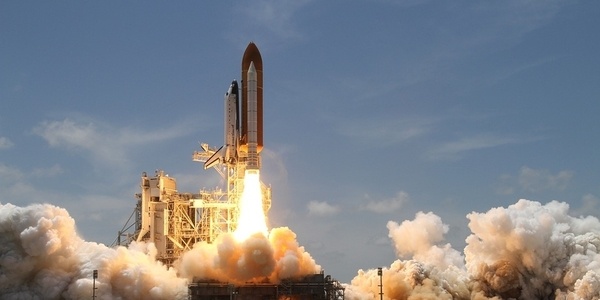



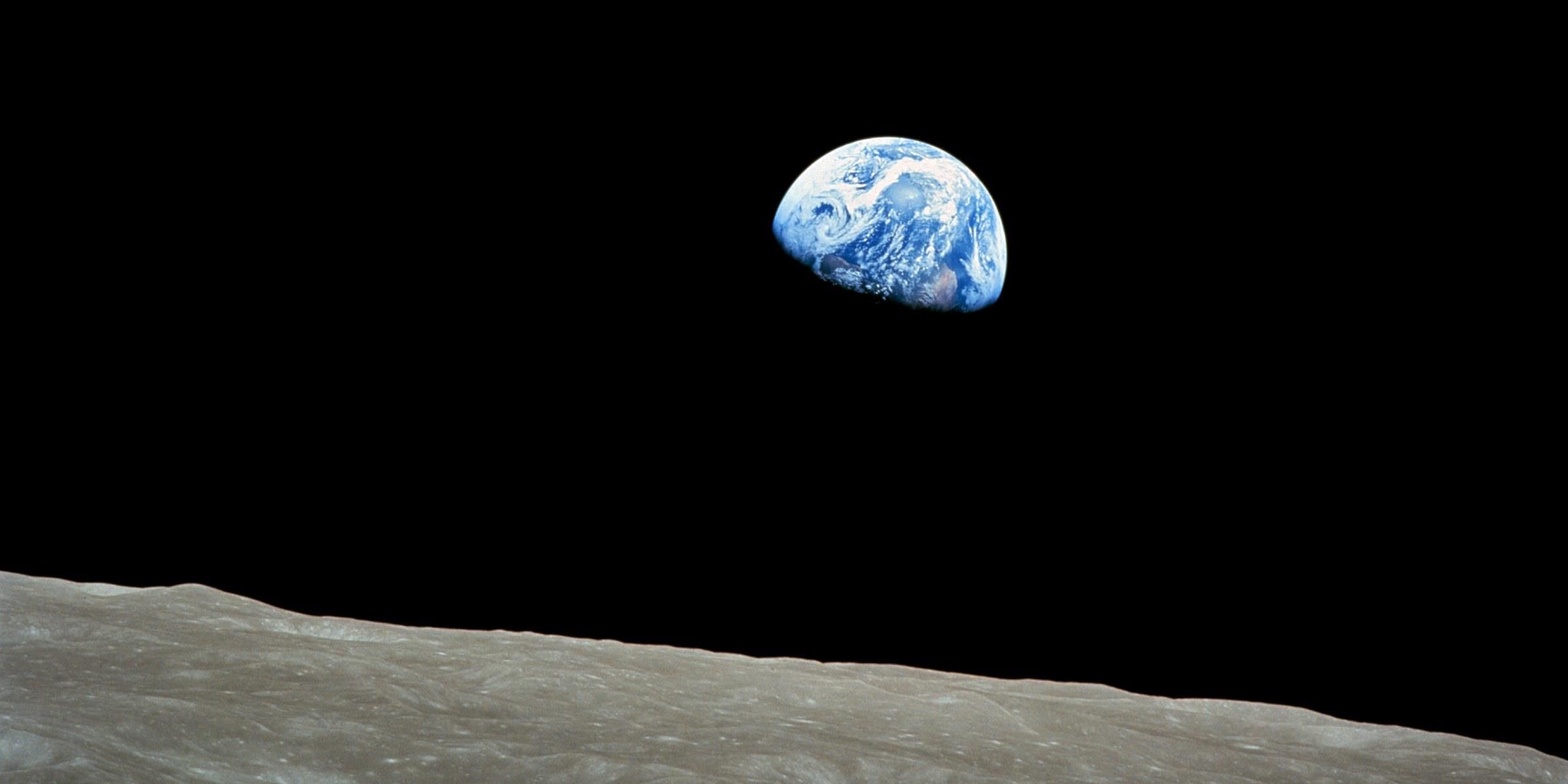

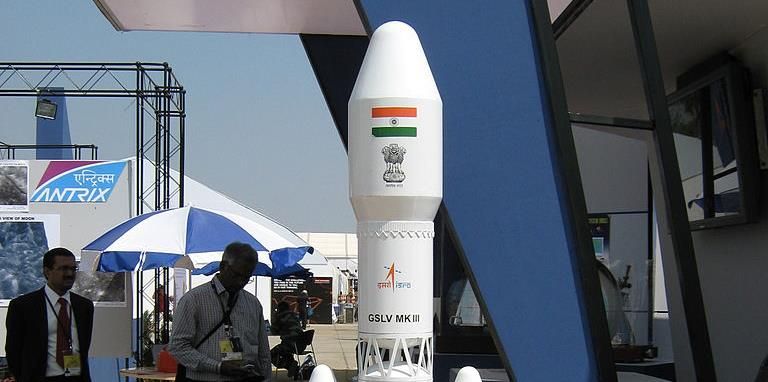

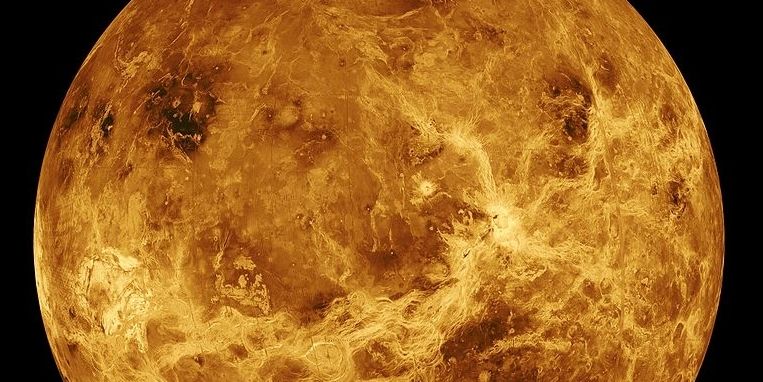
 (1).jpeg)
.jpg)
.png)
 (1).jpeg)
